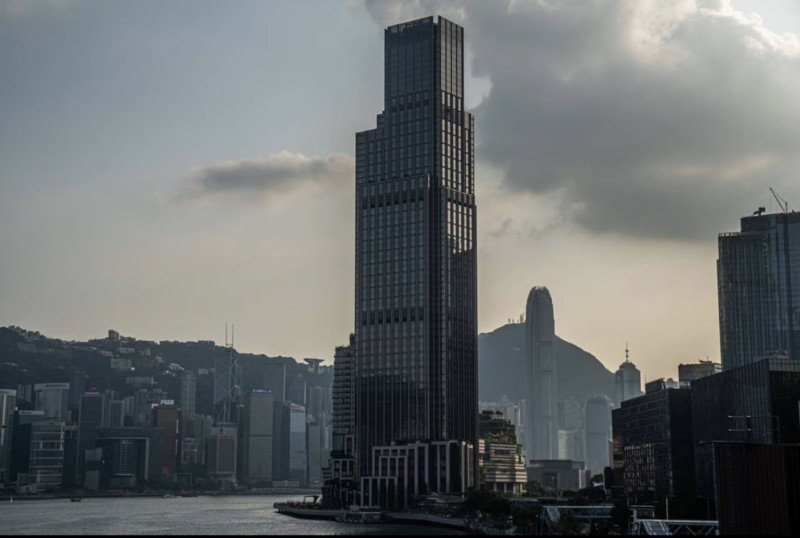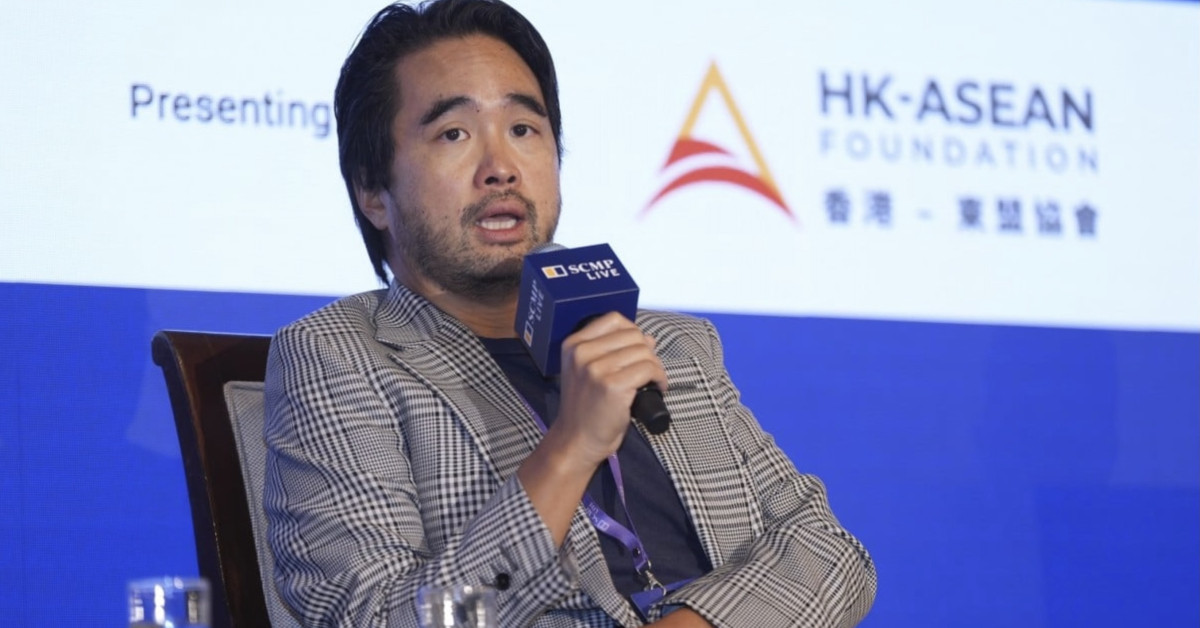Adrian Cheng to step down as New World CEO, likely to be replaced by COO Eric Ma: sources
Adrian Cheng Chi-kong, the third-generation scion at the helm of one of Hong Kong’s largest conglomerates, will step down as the chief executive of New World Development and take on a non-executive role in the company, according to sources familiar with the matter.
Cheng, born in 1979, will become the non-executive vice-chairman of New World, giving up his title of chief executive officer, the sources say. The company’s chief operating officer Eric Ma Siu-cheung, Hong Kong’s former secretary for development, is likely to be promoted to CEO when New World announces its full-year financial results on Thursday, the sources said.
“Ma had recently instructed colleagues to review the financial situation of the subsidiaries for restructuring moves,” a source said.
Read also: Luxury brands expand footprint at Hong Kong mall K11 Musea
Advertisement
Advertisement
New World is poised to report a loss of between HK$19 billion (US$2.44 billion) and HK$20 billion for the financial year ended June 30, its biggest since Cheng’s grandfather Cheng Yu-tung founded the company more than half a century ago, according to its profit warning last month.
Its core operating profit from continuing operations for the full year was also estimated to be between HK$6.5 billion and HK$6.9 billion, a decrease of 18 per cent to 23 per cent from a year ago.
Cheng’s exit from his current role will be the latest reshuffle of Chow Tai Fook Enterprises (CTEF), New World’s parent company, a move that it said was to “accelerate growth and strengthen operations”.
CTFE has set up a CEO’s office that will be helmed by three executives, including one of the clan’s youngest scions, Christopher Cheng Chi-leong.
Patrick Tsang On-yip has been appointed as the co-CEO and head of Americas, Australia and Europe; and Ho Gilbert Chi-hang, the co-CEO and head of corporate functions and operations.
There have been rumours of family discord over the group’s succession plans after patriarch Henry Cheng Kar-shun, 77, ignited speculation and uncertainty over the future of the clan’s extensive empire.
Read also: Centurion master leases property in Hong Kong's New Territories for workers' accommodation
Advertisement
Advertisement

The K11 Atelier building in Hong Kong has been developed by K11 Group, a unit of New World Development (Photo: Bloomberg)
He said in an interview with Hong Kong’s HOY TV last November that he may not be seeking a successor within the family. However, a senior family member denied these rumours.
Brian Cheng Chi-ming, co-CEO of New World’s sister company NWS, declined to comment on the rumours to replace Adrian Cheng, but said the news will be revealed within the next 24 hours.
Speaking after NWS’ results presser on Wednesday, he said his father Henry Cheng is absolutely fair.
“Substitution is normal,” Brian Cheng said, adding that he too would be replaced if he did not do well.
New World had a consolidated net debt of about HK$118.92 billion as of December 2023.
In recent months, the company ramped up its debt reduction efforts, completing more than HK$16 billion of loan arrangements and debt repayments in July and August, and early refinancing of certain loans due in 2025. In the first half, the company repaid HK$35 billion of loan and debt.
It has divested several assets since 2022. In September that year, it sold a 51 per cent stake in a prime office building in Cheung Sha Wan to joint venture partner Ares SSG, the local unit of US private-equity firm Ares Management for HK$3.07 billion. Three months later, it sold the 695-room Pentahotel in Kowloon for HK$2 billion.
Read also: Hong Kong luxe project sales buoyed by mainland Chinese buyers post-policy easing, says DBS
Advertisement
Advertisement
This year New World sold its D-Park Shopping Centre and associated parking spaces in Tsuen Wan to private developer Chinachem Group for HK$4.02 billion.
New World’s shares closed 2.5 per cent higher at HK$8.19 on Wednesday, while the benchmark Hang Seng Index rose 0.7 per cent.

